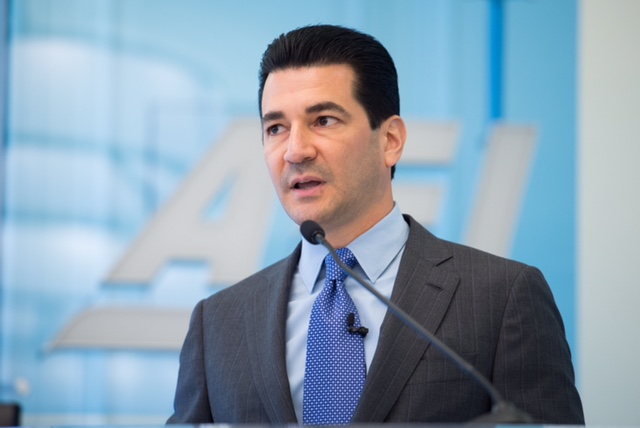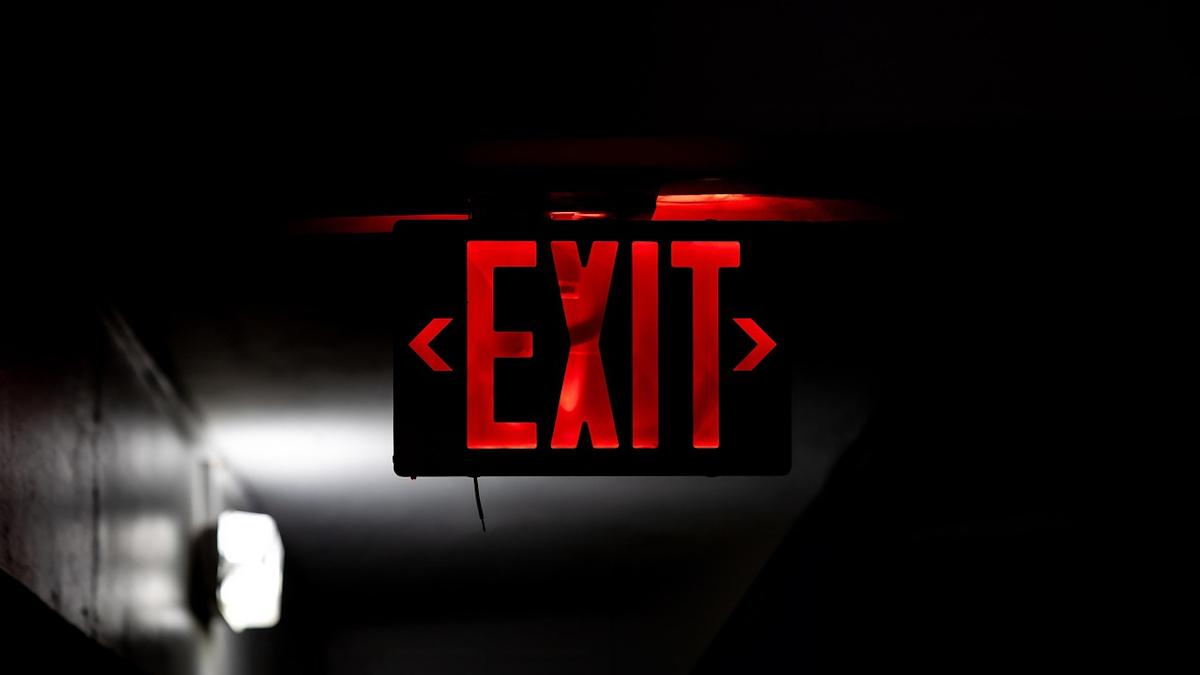Doctors must be educated about opioid abuse, says FDA's Gottlieb

New FDA commissioner Scott Gottlieb has outlined his plans to tackle the opioid abuse epidemic afflicting the US, saying doctors should be better educated about the risks of prescribing month-long supplies for minor conditions.
In a blog post emailed to staff, backed up by an interview with the Washington Post, the new FDA chief gave more details about how he plans to tackle the issue.
Gottlieb said that influencing doctors' prescribing habits will be a first step. “Opioid prescriptions should be written only for appropriate patients and for appropriate durations,” he told the Post.
https://twitter.com/SGottliebFDA/status/867033759119536129
https://twitter.com/SGottliebFDA/status/867034812275675136
There should be “no more 30 day supplies for tooth extractions”, or uncomplicated hernia repairs, Gottlieb told the Post.
Gottlieb will also create an Opioid Steering Committee made of senior FDA officials.
This will explore three areas – whether the FDA should require opioid education for healthcare professionals, how the agency can ensure prescribed doses do not exceed medical needs, and whether the regulator is properly weighing risk of abuse when reviewing opioids.
According to the Post, a federal mandate on doctors' education similar to those already required by some states, would be strongly opposed by groups such as the American Medical Association and the American Academy of Family Physicians.
Meanwhile, Trump's new budget came under fire because of plans to cut funding of other agencies that are attempting to address the opioid addiction crisis.
Trump initially wanted to drastically cut funding for the Office of National Drug Control Policy, cutting funds by 94% in 2018, from a $380 million budget to just $24 million.
But Trump had to backtrack on this because of opposition from campaigners and drug treatment advocates.
However the High Intensity Drug Trafficking Program will see its budget cut to $91.9 million in 2018, down from $95 million in 2016.
The Drug-Free Communities Program could receive only $246.5 million in 2018, down from $250 million in 2016 - although the budget is unlikely to make it through Congress in its current form.
Meanwhile, the flow of depressing news stories outlining the scale of the problem continued.
https://twitter.com/CBSNews/status/867221890263339011
While the FDA is a powerful and influential organisation, the issue is also likely to require action from the Federal government and states – and the current political climate makes this kind of joined-up response very difficult.












